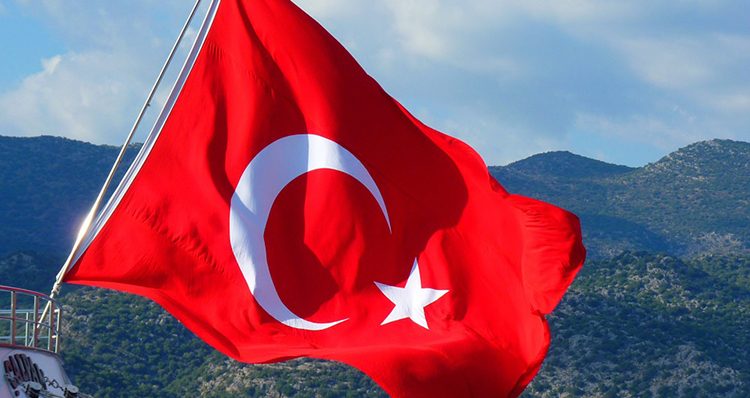Current difficult auction cannot hinder Turkey’s successful PV sector
In Turkey, new PV projects face a long and tiring bureaucratic process before they can be put to action. As a result, a current auction is receiving little attention. Nonetheless, Turkey’s solar sector continues to grow.
Turkey’s solar market is stronger than ever: its capacity was just 100 MW in 2014. It has steadily grown since, to reach a remarkable 833 MW by the end of 2016. Experts believe that the growth will continue and a capacity of over 1 GW can be reached this year.
Growth will continue – for now
The unlicensed segment made most of this growth possible, however, while it was initially meant to push small projects of less than 1 MW that were designed for self-comsumption, developers have found ways to twist the regulations regarding the capacity, which resulted in the astonishing growth.
Even though the Turkish government has intensified these regulations in early 2016, which might result in a drop of applications, enough projects are in the pipeline to keep the sector as successful for the next few years.
Contribution fees have hindered new projects
Turkey held its first auction, for 600 MW, in 2013 – it was over-subscribed 15-fold, as Lara Hayim, a Solar Analyst with Bloomberg New Energy Finance (BNEF) recently explained in an article for pv Europe. However, high contribution fees of up to 1 USD per Watt for developers have hindered the realization: up until now, only 13 MW – roughly 2% – have been commissioned. A recent reduction in module costs might still make some projects possible, yet experts believe that, nonetheless, only a fraction of the 600 MW will ever be realized.
Difficult conditions for new auction
In late 2016, a new auction for 1 GW was announced. The conditions are difficult, but the government hopes to use the growing interest in the Turkish market to futher nurture its success and capacity.
According to Hayim, BNEF expect “limited interest in the auction and it is unlikely to replicate the record prices we saw in places like Dubai and Chile“, based upon the high “ceiling price of $ 80/MWh that developers will only be able to claim for 11-12 years“. This will also make it more difficult to accomplish the other conditions, says Hayim, which include “building an R&D centre focusing on PV production technology and a manufacturing facility with 500 MW capacity that covers all stages apart from polysilicon production.“





